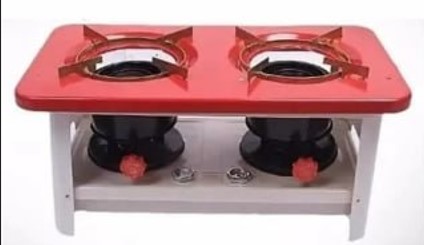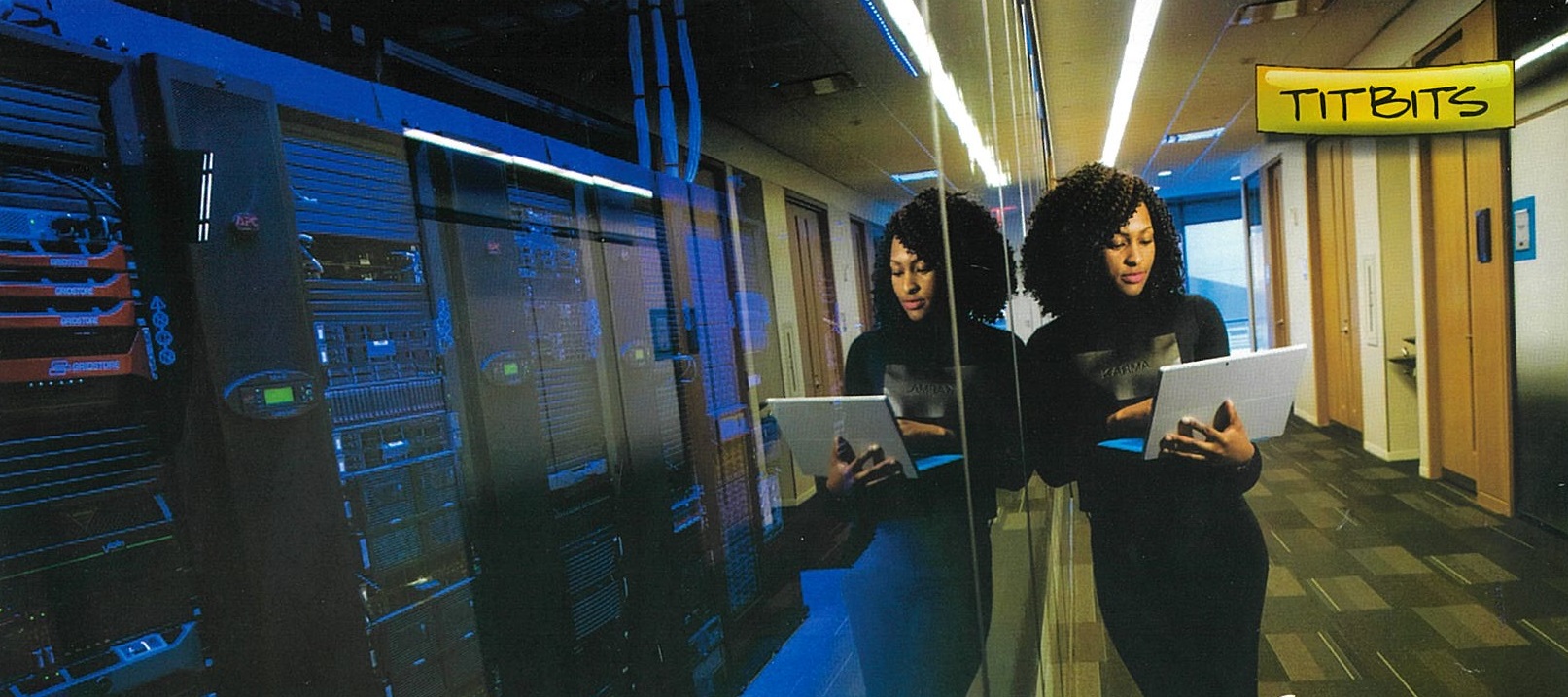Four years ago, the price of kerosene, Nigeria’s most popular energy for cooking rose astronomically. Nigerians cried out. The problem was made complex by the Covid-19 pandemic. These cries prompted the government to mobilize the citizens for a change over to liquefied petroleum gas (LPG). The switch was huge to the extent that most residents of prominent towns and cities now depend heavily, and in some cases solely, on gas. Now, the price of gas has soared, making it unaffordable to Nigerians.
One Iyana Iyesi (Ota) resident John Okoghene cried out: “What on earth does the government want from us the citizens? Electricity is out of reach, kerosene is out of reach, and now the gas price has risen beyond the heavens. This is shameful. Our politicians are criminals. They do not feel the pain. They don’t know how it feels. Middle-aged Wuraola Imade also resides in Iyana Iyesi: “It baffles me that the government cannot control inflation. The cost of gas has skyrocketed more than 20 times and these politicians are not doing anything about it. Shame on all of them. I have decided to switch to charcoal.”
Before the advent of Covid-19, a kilogram of gas sold for only N90 which, though costly then, was affordable. This was unlike kerosene which sold for N350 per liter. Shortly after the Covid-19, the price of gas doubled. The user still preferred gas since it appears one to two kilograms of gas equals one liter of kerosene. Between 2020 and 2022, they rose more than ten times, and fast forward to January 2023, a kilogram of gas went for N700! Now it costs some N850 per kilogram.
Filling station owners said the problem is not from their end. “It is what we buy that we sell. If I tell you how small our margin is, you won’t believe it. Our margin is less than ten naira on a kilo,” according to Majek Lawson, a dealer close to the Mobil Filling station at Obasanjo Junction in Ota. If you go to Mobil over there, the price is about the same. The gas dispenser attendant at the Mobil who did not want his name published because he was not authorized to speak on the matter, confirmed Lawson’s narrative, saying that there were more people in the queue in his station because of one or two-naira difference per kilogram compared to that of Lawson.
At a main gas depot of the Nigerian LNG, the consortium in charge of gas supply, the complaints are similar. An official who preferred anonymity said that the high price gas prices are a result of the devaluation of the naira and foreign exchange pressures, which means that the company pays more to procure spares, service their assets, and pay the expatriate staff who are still in the employ of the company. “I can assure you that when the value of the naira improves, gas prices will deescalate,” he said.
It appears that Tinubu’s administration is sensitive to the situation. The recent crash of the dollar, which brought the naira up to N900 from N1250 in exchange due to the government’s efforts is expected to rob off on gas purchases. But until Nigerians experience the change, the struggle continues between the Devil’s kerosene and cooking Gas’ Deep Blue Sea.












